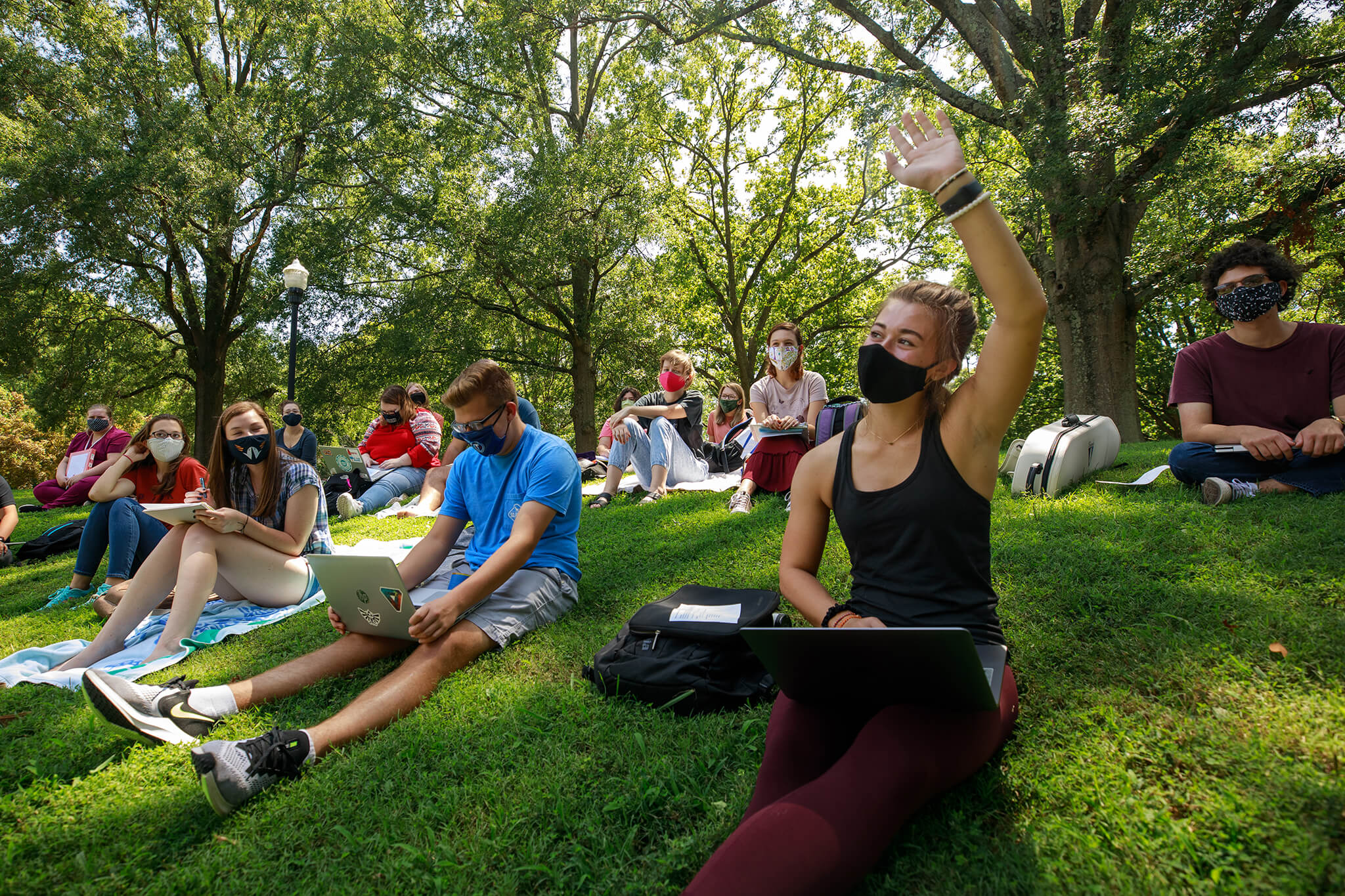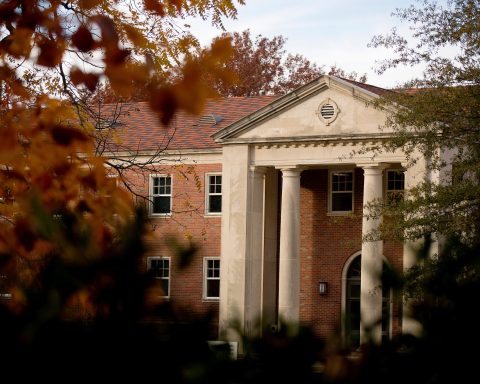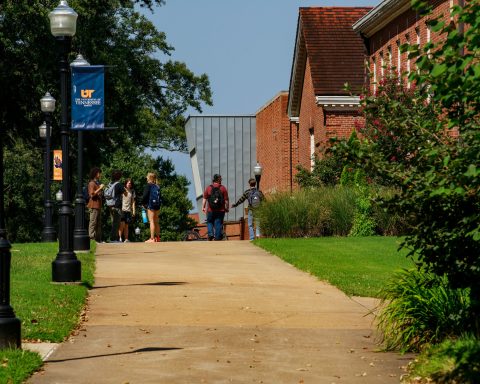Graduate deans representing the public higher education universities in Tennessee are offering the attached information for media to consider as an op-ed piece or as a letter to the editor.
Dr. Joey Mehlhorn, UT Martin interim dean of graduate studies, represents UT Martin in this effort and can answer related questions.
On July 6, 2020, United States Immigration and Customs Enforcement (ICE) announced changes to the Student and Exchange Visitors Program. This new directive provides some helpful news for international students, allowing them to take more than three credits of online or hybrid instruction in the U.S. as long they are also taking face-to-face credits. However, should U.S. institutions move to totally remote or online instruction, as many did in Spring 2020 in response to the COVID-19 pandemic, international students in the U.S. must return to their home countries immediately or transfer to schools offering in-person instruction.
We, the graduate deans of Tennessee, are concerned about the recent ICE directive for four reasons.
First, nearly 10,000 international students attend Tennessee universities because of the educational opportunities we offer. International graduate students often pay full tuition, which helps to subsidize domestic student scholarships. International students who hold graduate assistantships teach lab and classroom sections of courses and conduct research. U.S. students benefit as they interact with, learn from, and learn about the world and its people through our international students. The U.S. economy is intricately tied to the global economy, and businesses are increasingly globalized. Tennessee’s workforce is also diverse, and the state has important multi-national corporate employers like FedEx, Nissan, Bridgestone, Eastman Chemical and others. What our students learn from one another impacts them as they move into the workplace. Just as having international companies in our state has added value to the state, having international students on campuses and in our communities helps all of us.
Second, COVID-19 is still a threat. During the past two weeks, case numbers in Tennessee continue to rise. Hospitals in other parts of the U.S. are beginning to reach maximum capacity for ICU beds; if this trend continues and affects Tennessee, universities will be faced with decisions to minimize risk, including moving to online/remote instruction. The July 6 ICE directive will put universities in the terrible position of transitioning to remote instruction for the safety and well-being of their students, faculty, and staff while knowing that international students will be forced to return home quickly and at great expense. According to the U.S. Department of Commerce, international students contributed $45 billion USD to our domestic economy in 2018, and an estimated $348 million was spent right here in Tennessee. Not only would their departure impact learning, but it will also impact the economy.
Third, we believe that this directive is unfair to international students. In addition to paying high tuition, these students also arrive in the U.S. and sign rental and utility agreements and go about the work of setting up housekeeping, which helps small and midsized businesses and the tax base in Tennessee. Some of them bring their spouses and children, children who are enrolled in school, who make friends and who enrich the culture of our communities. Forcing these students and their families to leave is extraordinarily unfair financially, logistically, educationally, and emotionally. International students deserve to be present in the US.
Finally, some may say that that these students can return after the pandemic subsides, but it is likely that these students will not return. They will instead go to school in Canada, Germany, or another country that is more welcoming. The long-term consequences of losing international graduate students will be devasting for Tennessee higher education and impact our economy for the long term.
On behalf of the Graduate Schools in Tennessee,
Dr. Ernest L. Brothers, President
Tennessee Conference of Graduate Schools











